AI Job Cuts: Open AI Co-Founder Says Agents Won't Replace Humans for a Decade
In a recent podcast interview, Andrej Karpathy, co-founder of OpenAI, downplayed concerns that artificial intelligence (AI) agents will replace human workers in the near future. According to Karpathy, it will take about a decade for AI agents to reach a level where they can work effectively alongside humans.
Karpathy's comments come at a time when many employees are worried about the impact of AI on their jobs. However, he emphasized that current AI tools, such as Claude and Codex, are still far from perfect. "They're cognitively lacking and it's just not working," Karpathy said in an episode of the Dwarkesh Podcast.
Karpathy attributed the limitations of current AI agents to their lack of intelligence and multimodal capabilities. "They can't do computer use and all this stuff," he explained. While AI has made significant progress in recent years, Karpathy believes that it will take time for researchers to overcome these challenges.
The development of AI agents is a complex process that involves multiple disciplines, including natural language processing, computer vision, and machine learning. Currently, most AI systems are designed to perform specific tasks, such as image recognition or language translation, but they lack the ability to understand context and make decisions independently.
Karpathy's comments have sparked debate among experts in the field of AI research. Some argue that his predictions may be overly optimistic, while others believe that he is being realistic about the current state of AI technology.
The development of AI agents has significant implications for society, including the potential displacement of human workers and changes to the nature of work itself. According to a report by the World Economic Forum, up to 85 million jobs could be displaced by automation by 2025.
However, Karpathy's comments also highlight the need for continued investment in AI research and development. As researchers continue to push the boundaries of what is possible with AI, they may uncover new applications and uses that were previously unimaginable.
In conclusion, while AI agents are not yet ready to replace human workers, researchers like Karpathy believe that it will take time for them to reach a level where they can work effectively alongside humans. As the development of AI continues to advance, it is essential to consider the implications for society and to invest in education and retraining programs to help workers adapt to changing job requirements.
Background
OpenAI is a leading research organization focused on developing safe and beneficial AI agents. Founded in 2015 by Sam Altman and others, OpenAI has made significant contributions to the field of AI research, including the development of the GPT-3 language model.
Additional Perspectives
Dr. Fei-Fei Li, director of the Stanford Artificial Intelligence Lab (SAIL), believes that Karpathy's comments are a reminder of the complexity and challenges involved in developing AI agents. "We need to be realistic about what is possible with current technology," she said.
On the other hand, Dr. Andrew Ng, co-founder of Coursera and former chief scientist at Baidu, argues that Karpathy's predictions may be overly pessimistic. "I believe that we will see significant progress in AI research over the next decade," he said.
Current Status and Next Developments
As researchers continue to push the boundaries of what is possible with AI, it remains to be seen how these developments will impact society. With ongoing investment in AI research and development, it is likely that we will see new applications and uses emerge that were previously unimaginable.
However, as Karpathy's comments highlight, there are still significant challenges to overcome before AI agents can work effectively alongside humans. As researchers continue to advance the field of AI, they must also consider the implications for society and invest in education and retraining programs to help workers adapt to changing job requirements.
*Reporting by Fortune.*
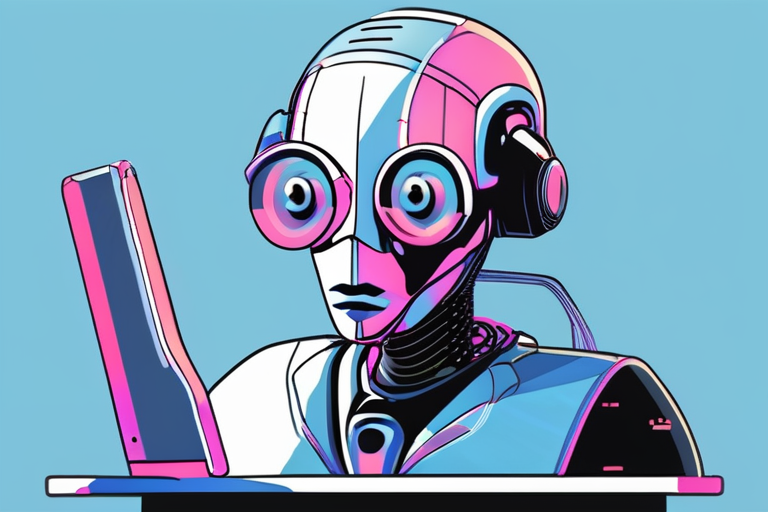

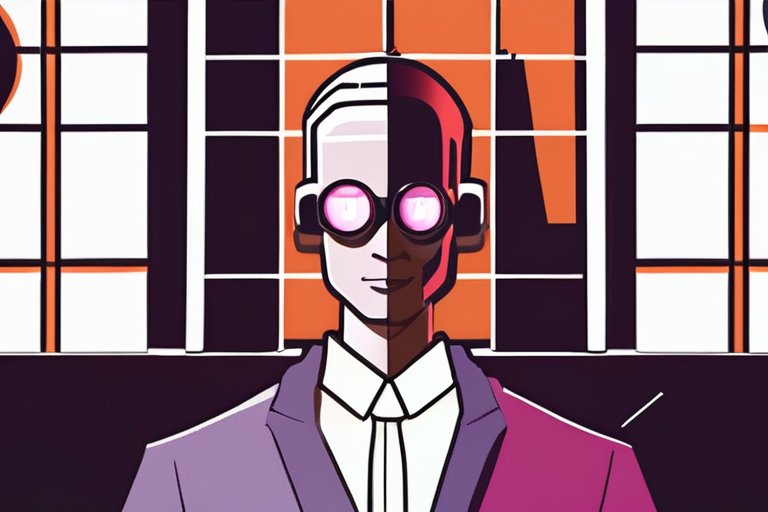
 Hoppi
Hoppi
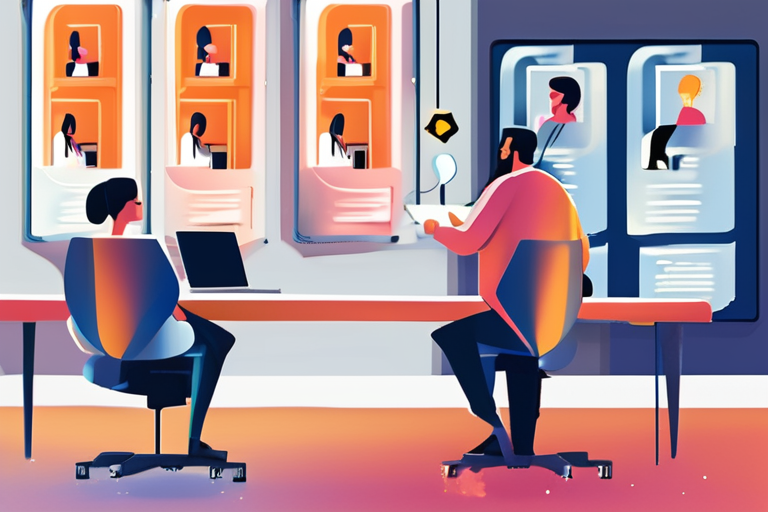
 Hoppi
Hoppi

 Hoppi
Hoppi

 Hoppi
Hoppi
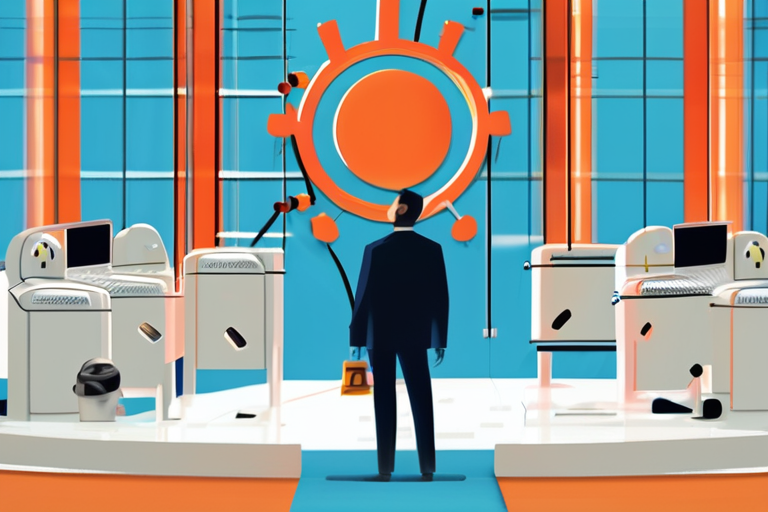
 Hoppi
Hoppi
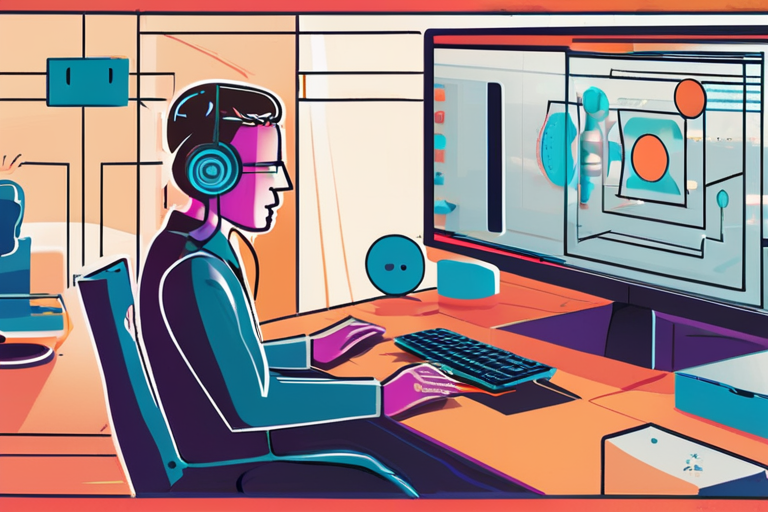
 Hoppi
Hoppi











